Contractor Installed Cabinets Before Painting
Jane Smith
7 years ago
Featured Answer
Sort by:Oldest
Comments (32)
Claire Pope
7 years agoBrickwood Builders, Inc.
7 years agoRelated Professionals
Providence Architects & Building Designers · Seattle Architects & Building Designers · Montebello Kitchen & Bathroom Designers · Charleston Furniture & Accessories · Midland Furniture & Accessories · Thousand Oaks Furniture & Accessories · Washington Furniture & Accessories · Clarksville General Contractors · Elyria General Contractors · Greenville General Contractors · Kailua Kona General Contractors · Kilgore General Contractors · Mount Vernon General Contractors · Norwell General Contractors · Redding General ContractorsBailey R
7 years agoCLC
7 years agoSammy
7 years agoUser
7 years agolast modified: 7 years agoJane Smith
7 years agoSammy
7 years agoJane Smith
7 years agoJoseph Corlett, LLC
7 years agoN R
7 years agoemmarene9
7 years agostudio3600
7 years agoRockin' Fine Finish
7 years agoJoseph Corlett, LLC
7 years agoPatricia Colwell Consulting
7 years agolast modified: 7 years agoHunt Studio Design
7 years agostudio3600
7 years agoSammy
7 years agoUser
7 years agoGannonCo
7 years agoKK Johnson
7 years agoPassionate Home
7 years agoJane Smith
7 years agoPassionate Home
7 years agolast modified: 7 years agoWill
5 years agolast modified: 5 years agohummingalong2
5 years agoWill
5 years agoUser
5 years agoJoseph Corlett, LLC
5 years agoAglitter
4 years agolast modified: 4 years ago
Related Stories
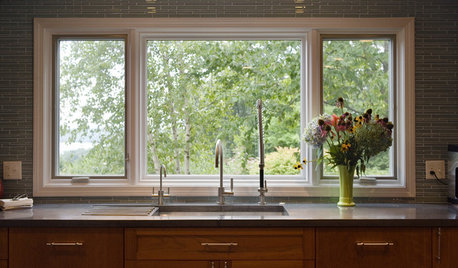
WINDOWSContractor Tips: How to Choose and Install Windows
5 factors to consider when picking and placing windows throughout your home
Full Story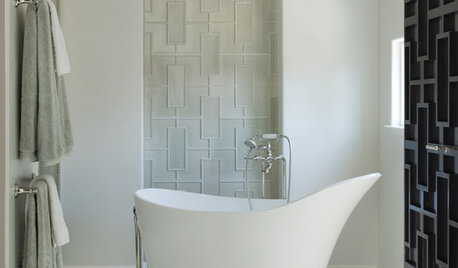
REMODELING GUIDESContractor Tips: How to Install Tile
Before you pick up a single tile, pull from these tips for expert results
Full Story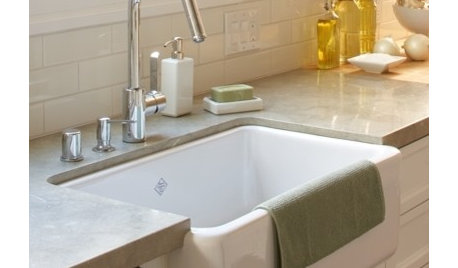
CONTRACTOR TIPSContractor Tips: Countertop Installation from Start to Finish
From counter templates to ongoing care, a professional contractor shares what you need to know
Full Story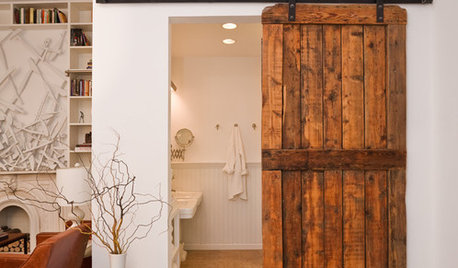
DOORS5 Questions to Ask Before Installing a Barn Door
Find out whether that barn door you love is the right solution for your space
Full Story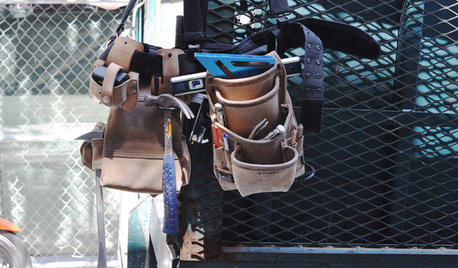
MOST POPULAR10 Things to Ask Your Contractor Before You Start Your Project
Ask these questions before signing with a contractor for better communication and fewer surprises along the way
Full Story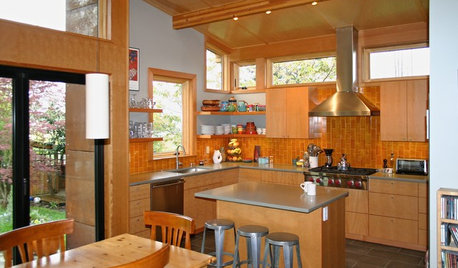
CONTRACTOR TIPS10 Things to Discuss With Your Contractor Before Work Starts
Have a meeting a week before hammers and shovels fly to make sure everyone’s on the same page
Full Story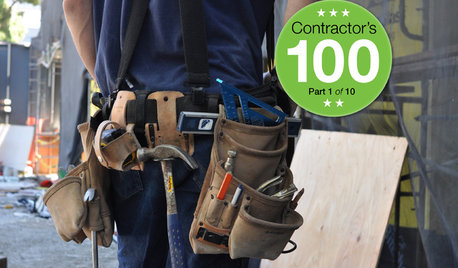
REMODELING GUIDES100 Contractor Tips to Read Before You Remodel
Have a better remodel experience with tips from a contractor on how to plan, shop and communicate
Full Story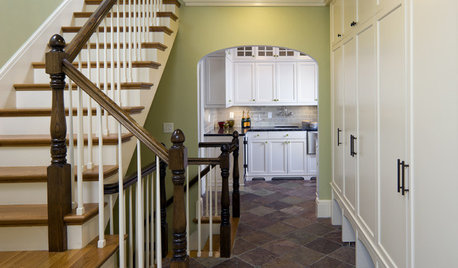
TILE6 Questions to Answer Before You Install Tile Flooring
Considering these things before tackling your floors can get you a better result
Full Story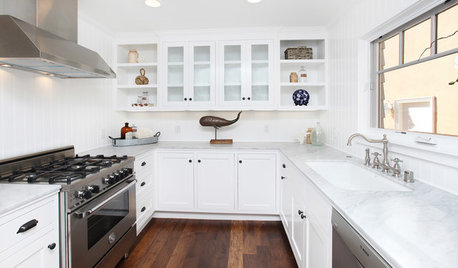
CONTRACTOR TIPSHow to Check the Quality of a Contractor’s Work
Make sure your remodeler lives up to promises and expectations before you make the hire
Full Story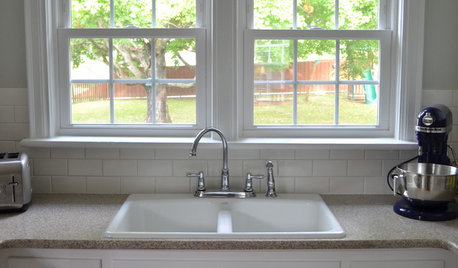
KITCHEN BACKSPLASHESHow to Install a Tile Backsplash
If you've got a steady hand, a few easy-to-find supplies and patience, you can install a tile backsplash in a kitchen or bathroom
Full StoryMore Discussions






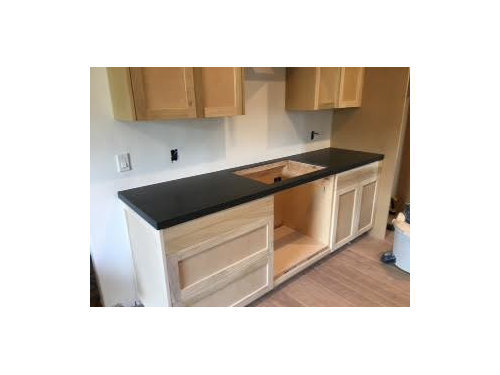
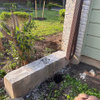


Passionate Home